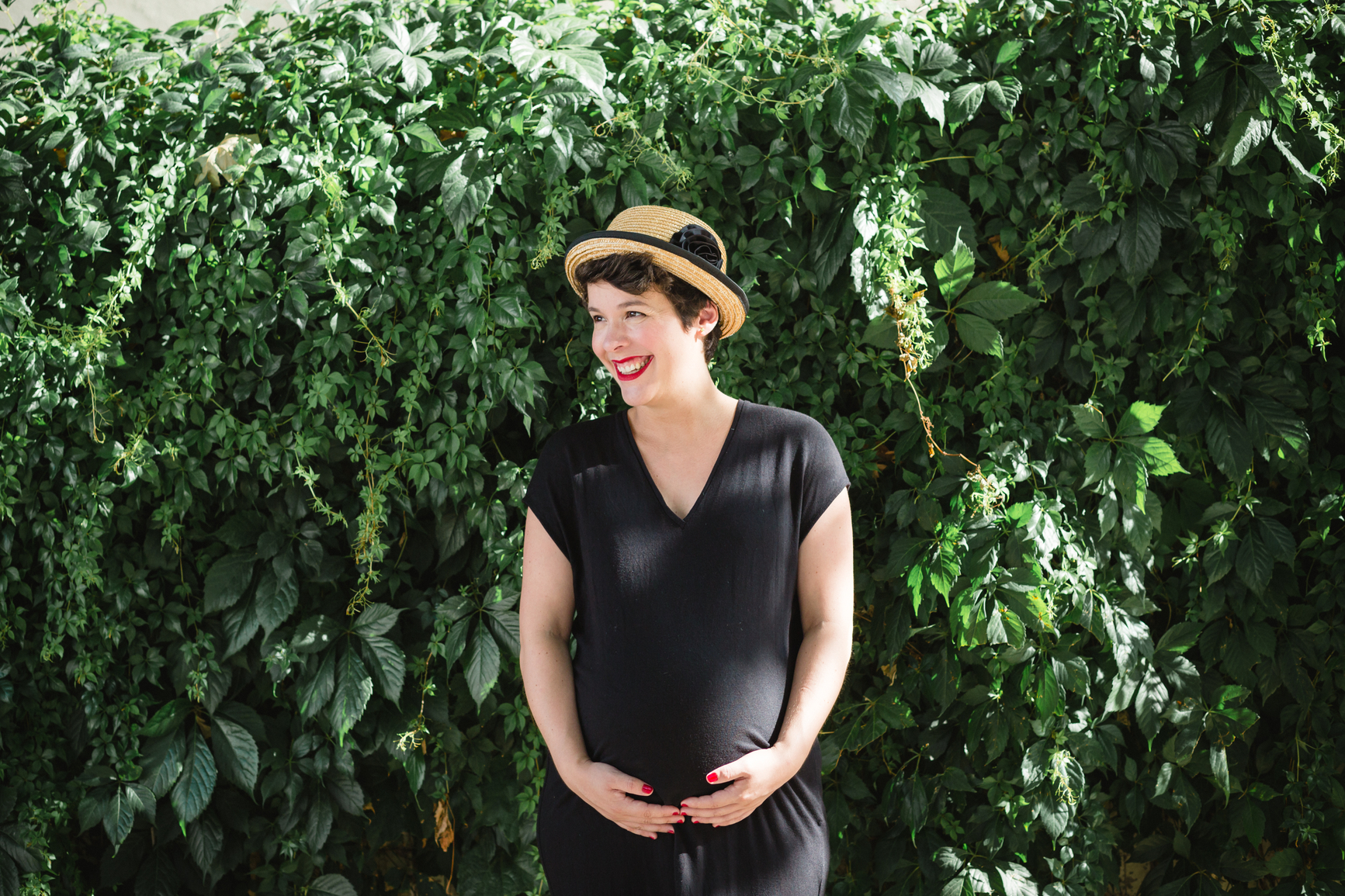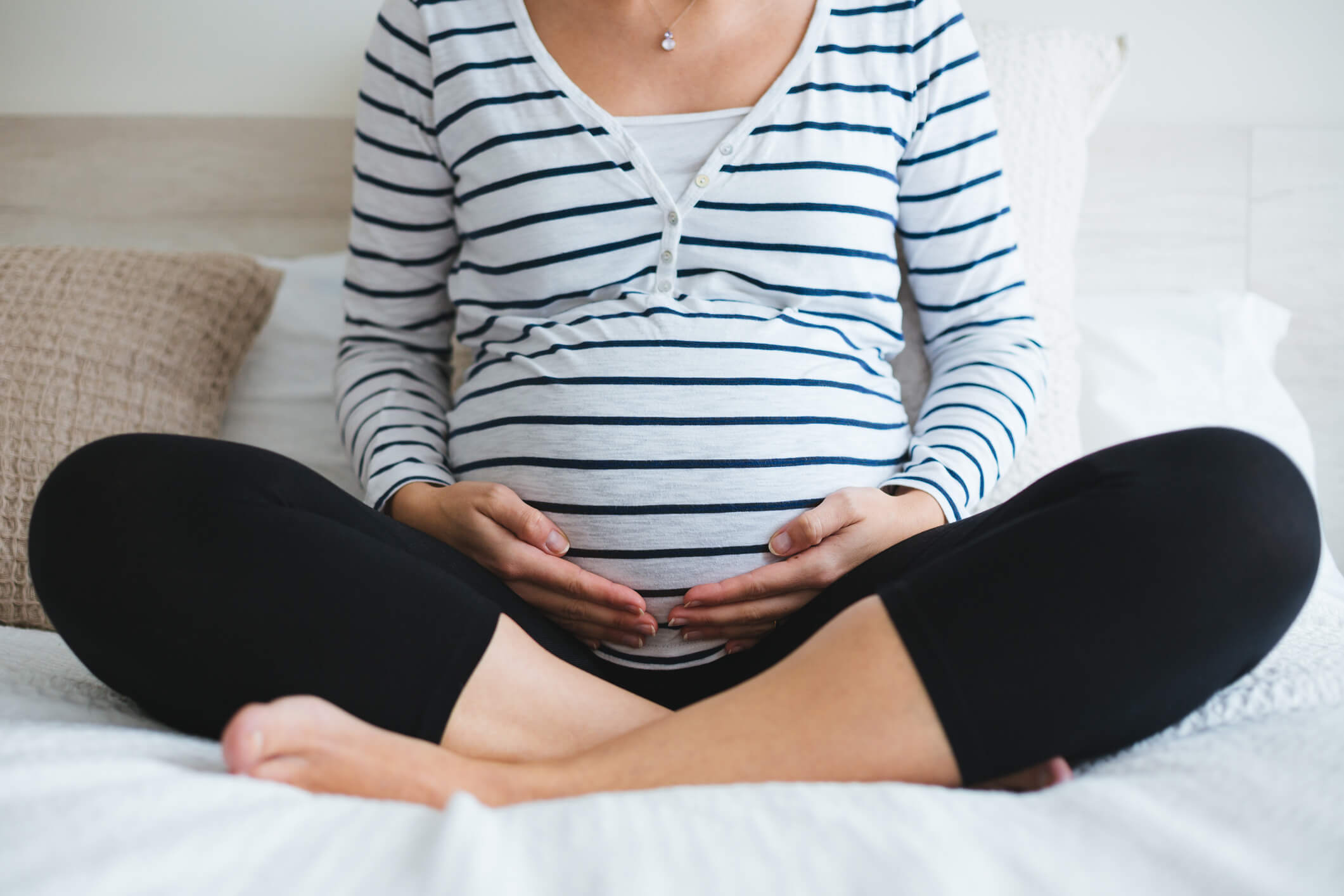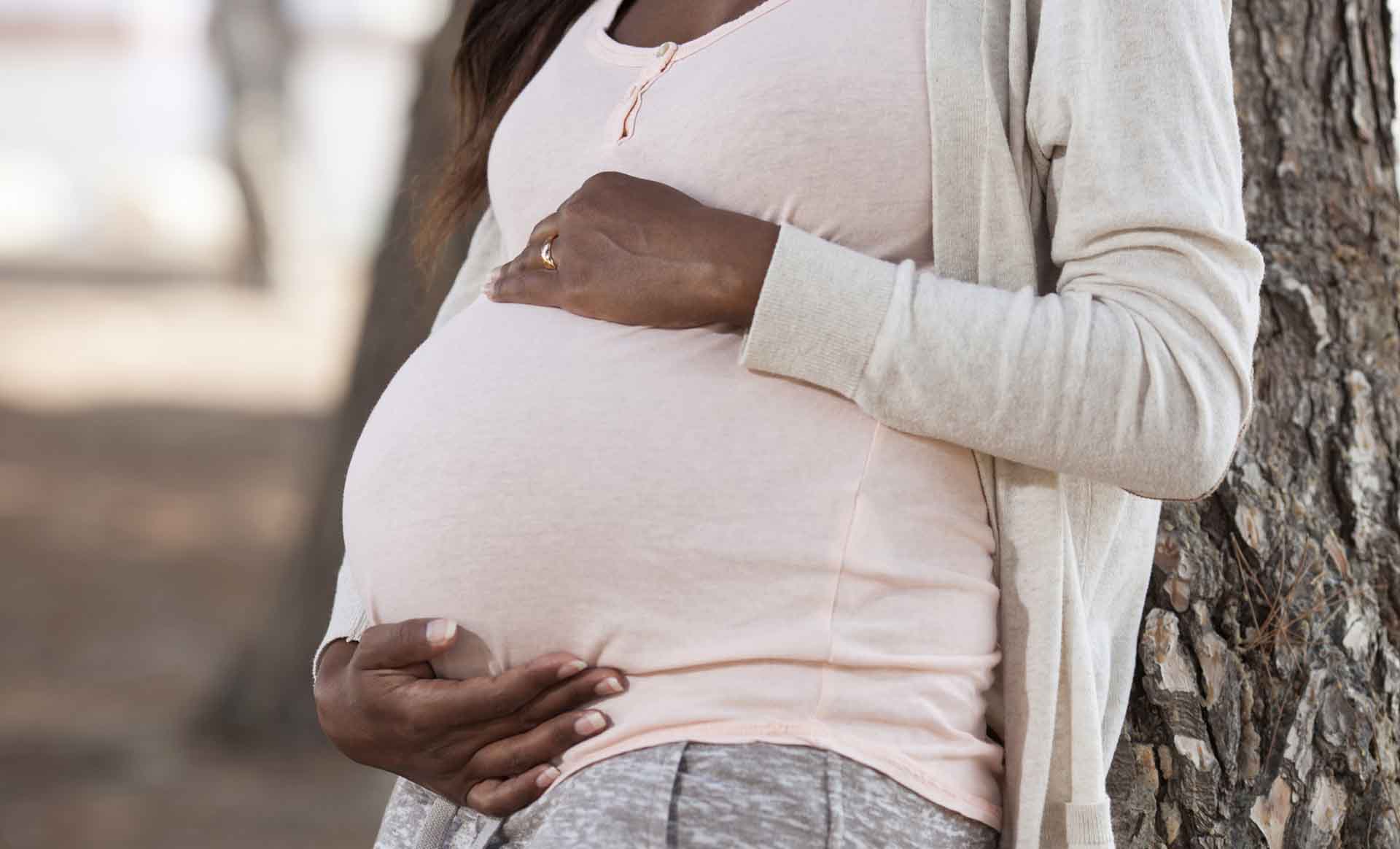While Australia boasts some of the world’s most effective vaccination programs, recent spikes in whooping cough serve as a powerful reminder to all Aussies to get their vaccine boosters. This is particularly important when you’re pregnant so that your immunity can be conveyed to your baby before birth – offering some resistance to nasty infections that could be caught from those doting strangers, friends or even family members.
Avoid the risk and remember to get vaccinated at the beginning of your third trimester. Here is the breakdown on all you need to know from expert Danielle Wilkins, Cabrini Hospital Director of Maternity Services.
Why is it important to protect my baby from whooping cough?
Whooping cough, or pertussis, is a bacterial infection that is easily spread through fluids from the mouth or nose of a contagious person. In an adult it may cause an irritating cough, however in a newborn it can much more serious. This is because the immune system of a baby is not as strong as an adult. Newborns with whooping cough may not necessarily cough, but they may stop breathing and start turning blue. It can cause vomiting, feeding problems and put them at risk of developing pneumonia. In severe cases seizures or brain damage may occur with breathing problems which can be life threatening. Babies infected with whooping cough will usually need to be admitted to hospital for care.
How will a vaccination help prevent my child from catching whooping cough?
The antibodies that we develop in response to an immunisation diminish over time. When we receive a ‘booster’ immunisation, we boost the antibodies in our bodies. These antibodies have the ability to cross the placenta and enter into the baby’s circulation. This provides the only protection the baby will have against whooping cough for their first 6-8 weeks of life.
When is the best time to arrange a whooping cough vaccination and where can it be given?
The best time to have the whooping cough vaccination is at the start of the third trimester. It is recommended that the vaccination be given between 28 and 32 weeks gestation. Pertussis, or whooping cough, antibodies generally peak around 2 weeks after the vaccination. Having your whooping cough injection at the recommended time allows the antibodies to develop in sufficient numbers to cross the placenta to your baby, and will also catch many of the babies that are born early! Women who do not receive the vaccination during pregnancy should be vaccinated as soon as possible after delivery.
Is your family growing?
Discover useful information about planning for a baby, managing the postpartum period and the transition into parenthood - including care and birth options, pregnancy health cover and costs, fertility and IVF, tips from medical professionals and more.
Most people will receive this vaccination from their GP, where it is provided for free by the Government. It is also available through some pharmacies and maternity services.
Does the vaccine pose any risks to my baby and myself?
This vaccine is entirely safe for the baby. Studies report very minimal side effects to the vaccination. These include some bruising at the injection site, or some swelling and tenderness around the injection site. This can last for up to 24 hours, and is relieved by rest and the local application of ice, as well as making sure you drink plenty of fluids.
READ MORE: Six week survival guide
Should every family member receive the vaccination?
We recommend that anyone who will handle the newborn in the first 6-8 weeks of life should be asked to have a booster if they have not received one in the last 10 years. Most people will remember it as their tetanus booster, as the whooping cough booster actually includes two other vaccinations in the one injection - adult diphtheria and tetanus. If they are uncertain, ask them to check with their GP. If they refuse to have the booster, you may want to limit their hands on time with your newborn until he or she has started his or her own immunisations.
Is it still possible for my baby to catch whooping cough even if I get vaccinated?
Following the maternal whooping cough vaccination between 28-32 weeks, studies show having the vaccine offers newborns about 90% protection from the bacteria, so there’s still a risk. It’s still important to practice good hygiene, and asking people to wash their hands before they handle your baby is very reasonable. After the baby starts their own vaccination program, the risk of infection drops with each two monthly booster.
What does the term ‘herd immunity’ mean?
Herd immunity refers to the protection afforded to those who are not yet vaccinated because the vast majority of the community is. High vaccination rates ensure fewer cases of whooping cough in the community.
Does the whooping cough vaccination require a single injection or a few?
You should get the whooping cough once during each pregnancy. Close adult family members should get a booster once every 10 years.
Does my child need whooping cough booster as they grow up?
The National Immunisation Program starts from 6-8 weeks of age. Whooping cough vaccine is included in the vaccinations at 2 months, 4 months, 6 months, 18 months and 4 years. It is then recommended again at school between 10-15 years, and every 10 years after that. If there is a new baby in the house, having a whooping cough vaccination every 10 years is recommended.
For the time being, it’s important to remember your whooping cough vaccination at the beginning of your final trimester. Amid all the excitement, hype and anticipation, don’t let this slip off your radar. Whooping cough is life-threatening for newborns, but thankfully, it’s easy to reduce the risk.







